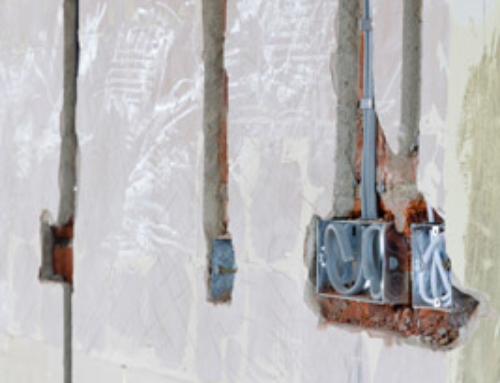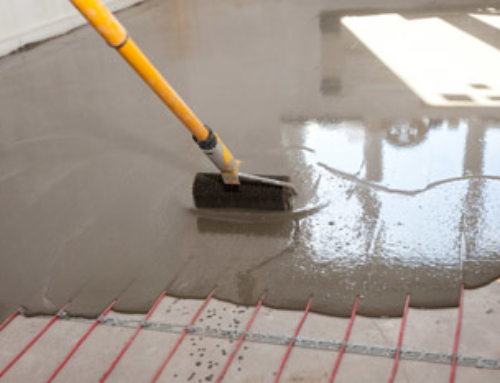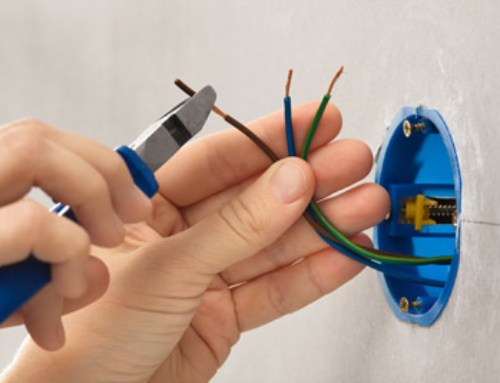
Full house rewiring in South London
Rewiring a house is a big job, but, when carried out by experts, it is faster, simpler and more affordable than you might realise. Depending on the size of your property, you can expect a full rewire to take anywhere between two days and two weeks – rewiring a three-bedroom house, for example, would probably take about four days. The average cost for rewiring a three-bed house is £3,500, but, again, this is fully dependent on the property.
Why rewire a house?
There are many reasons why you might need to invest in a full house rewire: you might have just moved into an old or period property that has not had its wiring updated, and, as such, it cannot cope with the demands of modern living, for example; or, you may be planning a major home renovation project, extension or conversion, and need to make sure all the wiring within the property is up to standard. Whatever your reasons, here’s what to expect.
A two-stage process
There are two main stages to fully rewiring a house. Stage one is generally called the ‘first fix’, and involves installing the actual wiring, as well as back boxes for all the sockets and switches within the home. This is usually done before the walls are plastered and, ideally, without carpets or furniture. Stage two is known as the ‘second fix’, and is all about joining up the electrics by fitting the sockets, switches, lights and consumer unit (fuse box).
Old wiring is replaced
Modern twin-earthed wiring is coated with uPVC, so any rubber-insulated, fabric-insulated or lead-insulated cabling (or uPVC cabling that it not twin earthed) needs to be replaced during the first fix. This is to stop safety issues like short circuiting, which can be caused when old wiring rots, which can lead to dangers like electrical fires and electric shocks.
We recently carried out a major house rewire in Chertsey following a home purchase and the entire property was gutted and we worked on the full renovation.
The consumer unit is updated
An important part of the second fix of a house rewiring project is updating the consumer unit. According to Part P of the Building Regulations, which was introduced in 2005, consumer units must protect people from electrical hazards by tripping the circuit if an error occurs – stopping the risk of fires or shocks. When your home is rewired, a new consumer unit will be fitted to ensure everything can operate as smoothly and safely as possible.
If your home has not had its wiring checked since 2005, you should consider investing in a full house rewire, as your electrics might not be up to standard. If you live in Lambeth, New Malden, Sutton, Worcester Park or a surrounding area, contact us at MD Bespoke Solutions today to find out more.























